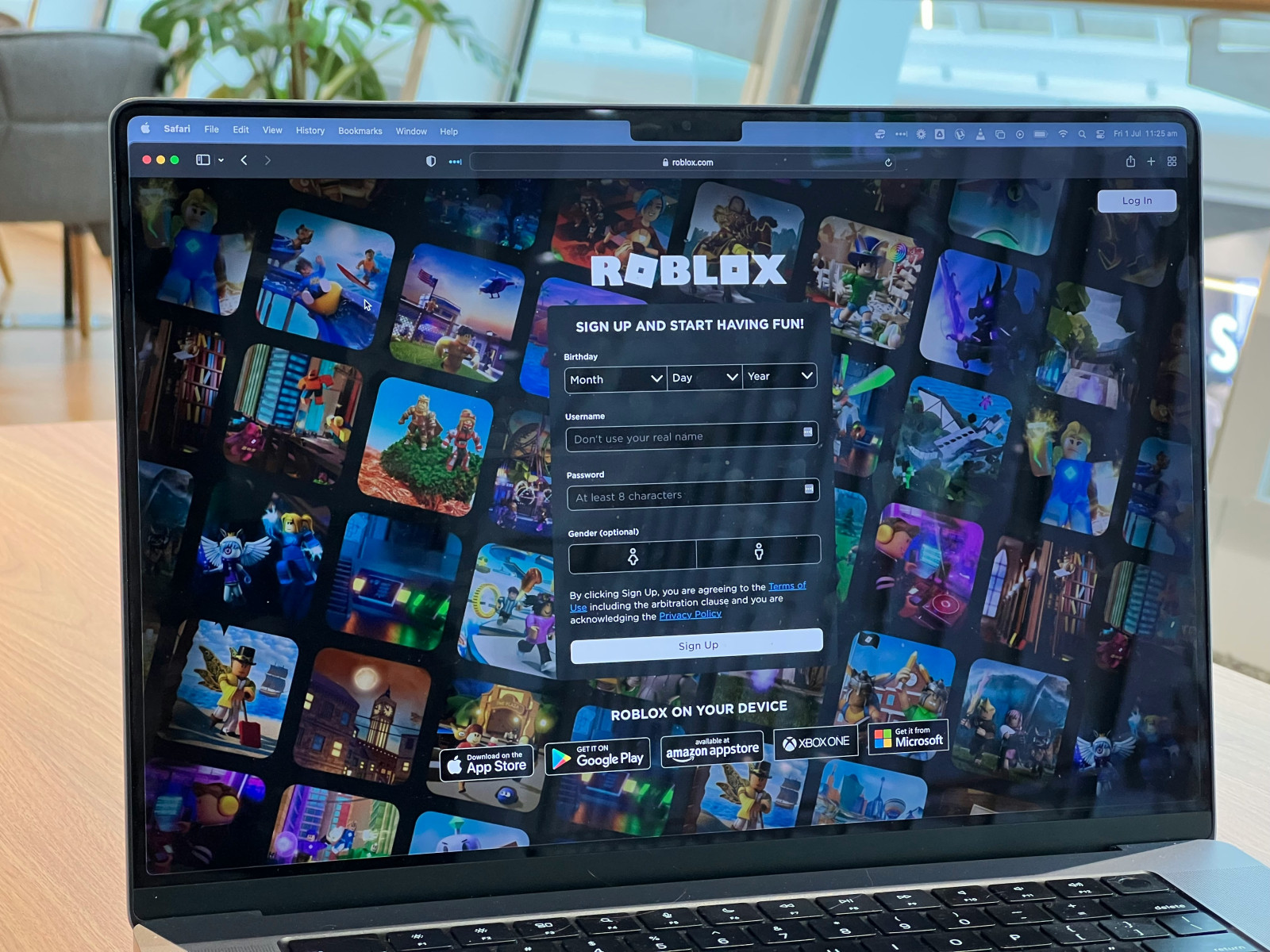Why Roblox is well set to withstand the COVID bounce effect

Roblox has launched an initial public offering (IPO) this week. Timing-wise, the twice-delayed IPO aligns with the world getting closer to opening up, and out-of-home competitive pressures returning. This invites questions around how much of the current valuation is aided by a temporary, artificial COVID-related boost, as opposed to fundamental trends which will drive growth for Roblox during the ‘new normal’.
In short, the COVID bounce effect is real, and Roblox will not be exempt from feeling increased competitive pressures in the short term. However, given its positioning it is set to come out a winner compared to many other games companies. This is because it caters to emerging consumer needs which, albeit catalysed by the coronavirus pandemic, have been in the making for years and will carry on beyond it.
The COVID bounce
The COVID bounce effect, as MIDiA labelled it at the start of the pandemic, is as a result of artificially halted time and money spent on out-of-home and ‘in real life’ (IRL) entertainment. Combined with additional available time and attention gained via the efficiencies of remote working, digital propositions have seen significant spikes in engagement during the COVID-19 outbreak. However, as vaccine distribution, upcoming lockdown easing, and the summer approach, and governments are likely to engage in schemes supporting out-of-home and High Street spending, consumers will gradually begin to reallocate portions of their time and money back, away from digital.
However, we are heading for a ‘new normal’ rather than ‘back to the old days’. Even post-pandemic, commuting is likely to take up less of our weekly time; meeting new people (be it a professional or personal) and forming bonds in the digital environment will be more common than ever before. While consumers will want to go back to theatres, gigs and restaurants, post-pandemic we will ultimately find more of our lives transpiring in digital.
Entertainment propositions that are just that (i.e. all they do is deliver fun) will face the COVID bounce effects more strongly than propositions which cater to fundamental consumer needs in the new world (a more digitally skewed one). Two particularly important needs are enabling expression and lean-in consumption in the digital environment. Roblox caters to both.
Featured Report
Defining entertainment superfans Characteristics, categories, and commercial impact
Superfans represent a highly valuable yet consistently underleveraged audience segment for the entertainment industry. What drives this disconnect is the fact that – despite frequent anecdotal use of the term – a standardised, empirical definition remains absent, preventing companies from systematically identifying, nurturing, and monetising th...
Find out more…Expression in the digital environment has never been more important (and more difficult)
The more of life consumers spend in digital environments, the stronger the need to express themselves and define their image therein. With crowded feeds and algorithms, however, coupled with a continuous growth of content (professional and user generated), it is increasingly more difficult to stand out and actually communicate expression efforts to others (which is a fundamental part of expression’s value). Platforms which encourage the forming of micro-communities make it easier for consumers to cut through the digital clutter and more effectively find, associate with, and express to their own digital camps. While single-purpose games companies are typically based around one or just a small handful of fan ‘tribes’, Roblox’s metaverse approach means it acts as a suitable destination for any tribe to set up camp.
Lean-in: The rise of creation as a part of consumption
MIDiA has written about the emergence of the lean-in consumption era, where creation itself becomes a core part of the consumption process. Advances in technology have enabled unprecedented degrees of content co-creation. Smartphone cameras and filters have turned us into photographers; DIY creator tools have turned us into songwriters and cinematographers, and now Roblox is enabling DIY and co-creation for games. While creator tools have now become table stakes in terms of audio, video and text, enabling consumers to seamlessly produce games is not yet quite as common of a feature, which gives Roblox a competitive advantage.
Roblox’s key advantage is that it is more of a digital expression and co-creation company operating in the world of games, rather than a games company.
While the COVID bounce will see individual games companies going more directly head to head with out-of-home entertainment propositions, the need to co-create and self-express in the digital environment will remain a part of new normal, and edge closer towards the mainstream as Gen Z and Gen Alpha age.
All in all, Roblox will face some short-term speed bumps in terms of engagement as consumers establish a new equilibrium between out-of-home and digital entertainment, but those effects will be likely less pronounced than for more traditional single-purpose games titles. As the dust settles, Roblox’s strategy of embracing co-creation and digital expression could see it emerge as a cultural, social and entertainment leader, rather than just a leading games company.


The discussion around this post has not yet got started, be the first to add an opinion.